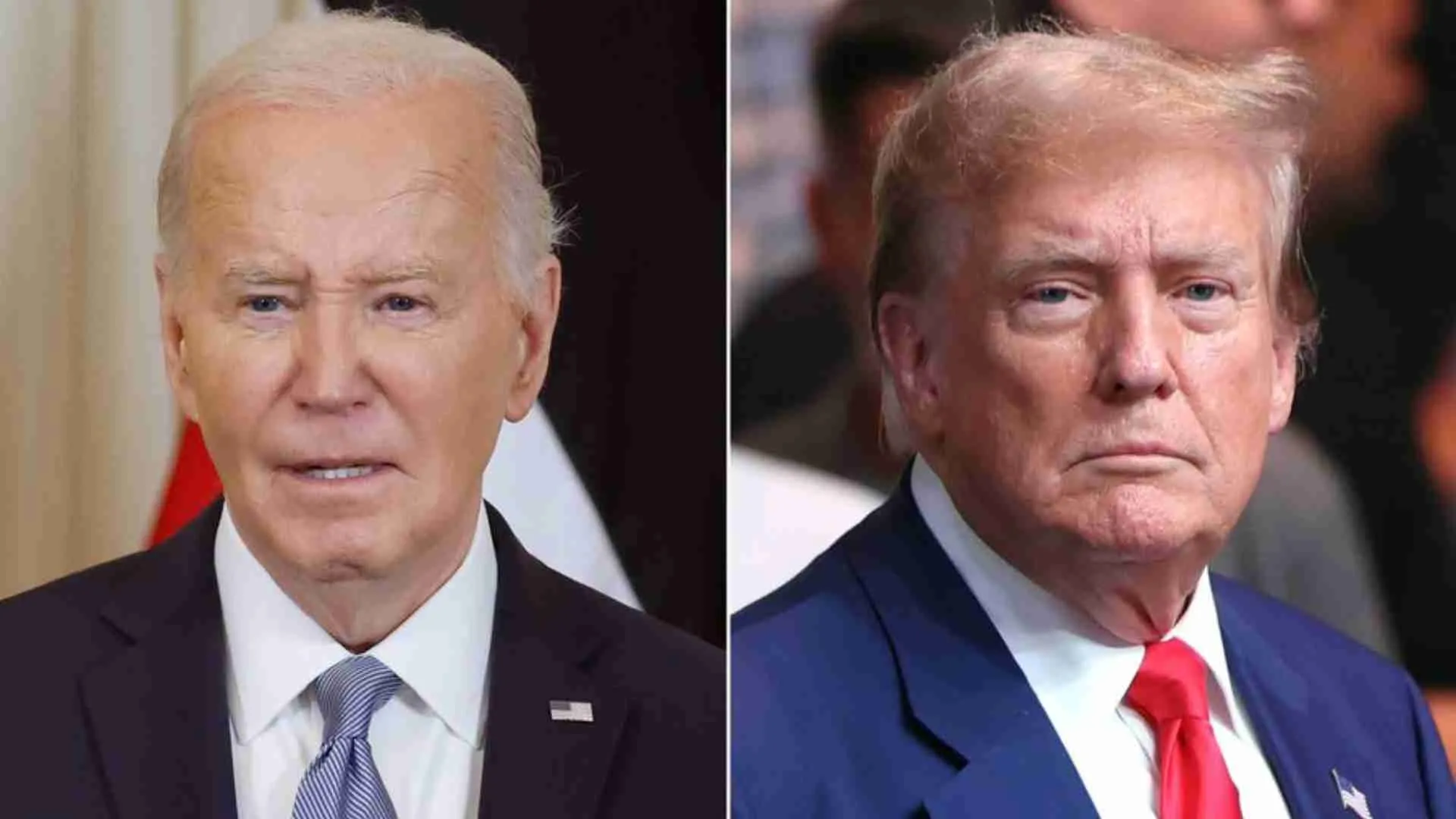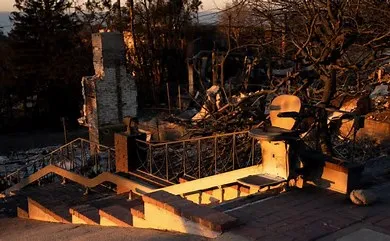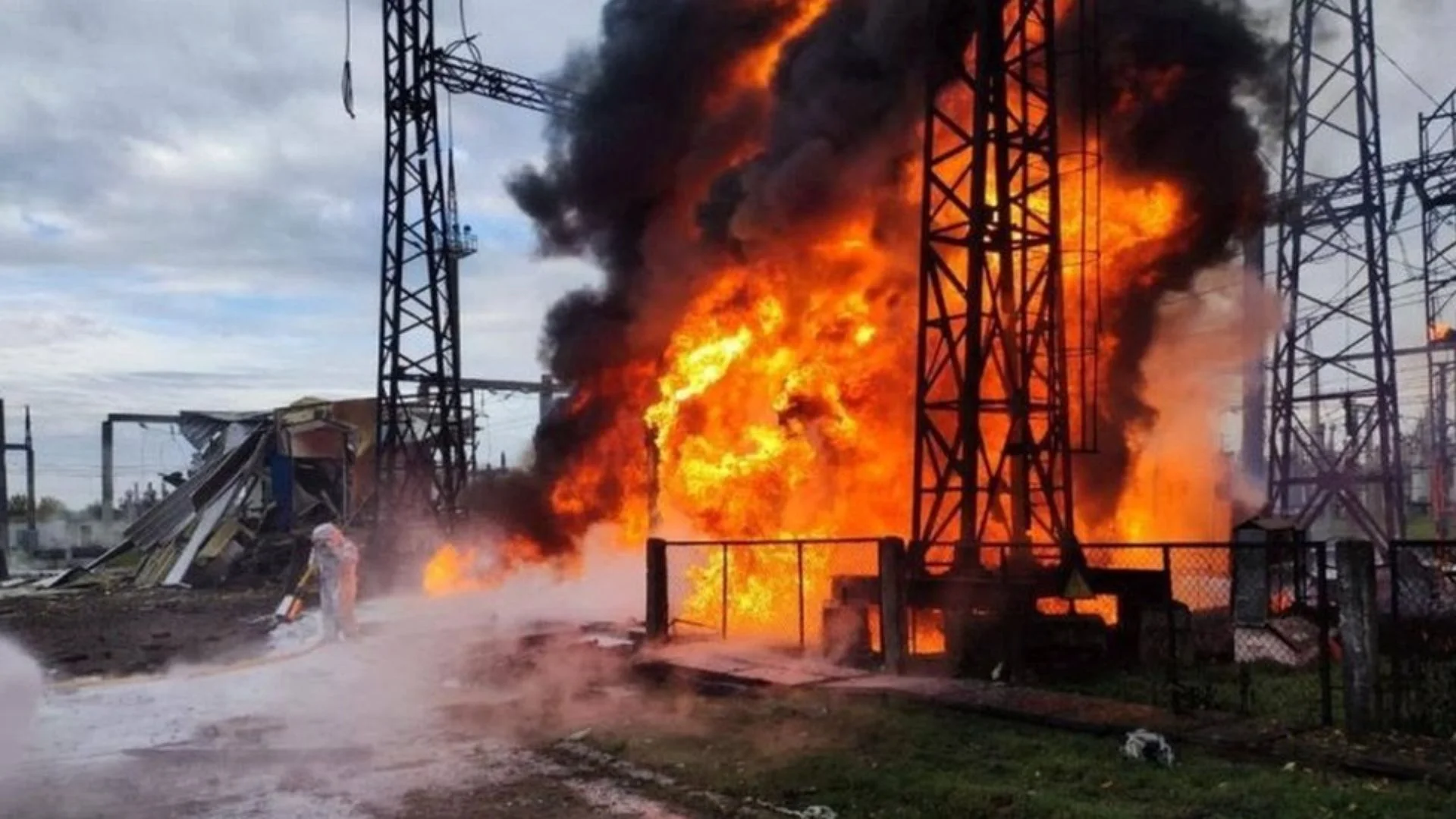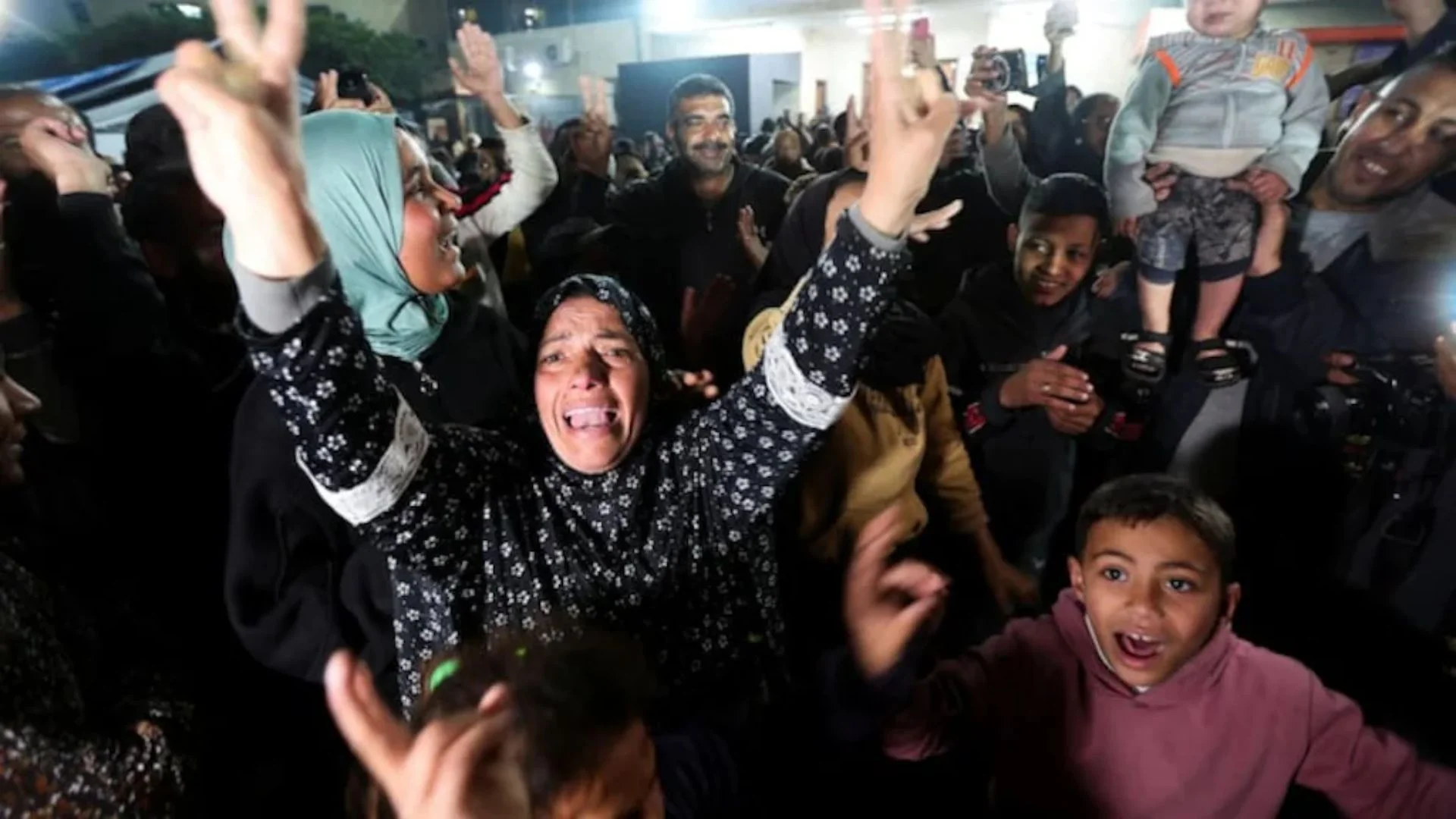Protesters in Bangladesh have besieged Banga Bhaban, the presidential palace, demanding the resignation of President Mohammed Shahabuddin. On Tuesday afternoon, the Anti-discrimination Student Movement, which aims to oust Prime Minister Sheikh Hasina, held a rally at central Shaheed Minar in Dhaka, where they announced a five-point list of demands, including the President’s resignation.
Later that night, protesters advanced towards Banga Bhaban, but the army set up barricades to block their path. The demonstrators gathered outside the palace, chanting slogans for the President to step down. One protester stated, “The President is a crony of Hasina’s authoritarian government. He must resign immediately.”
Mohammed Shahabuddin, also known as Chuppu, is the 16th President of Bangladesh and was elected unopposed in the 2023 presidential election, backed by the Awami League. The Anti-discrimination Student Movement is calling for the abolition of the 1972 constitution and the drafting of a new constitution in light of the upcoming 2024 elections. They have also demanded the disbandment of the Awami League’s student organization, Bangladesh Chatra League, and the disqualification of Members of Parliament elected in the controversial elections of 2018 and 2024.
The protests, which were initially sparked by demands to end a quota system for government jobs, have escalated into broader anti-government demonstrations. In response to the growing unrest, Sheikh Hasina resigned as Prime Minister on August 5 and subsequently fled to India. An interim government led by Nobel Laureate Muhammad Yunus was established, with Yunus being sworn in as its head on August 8.






















